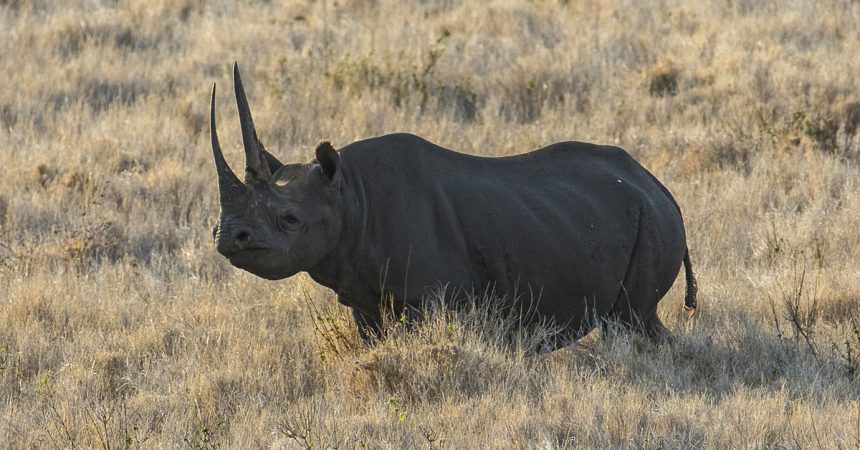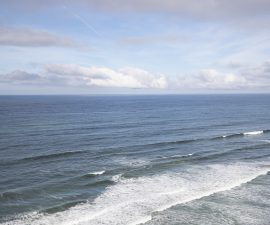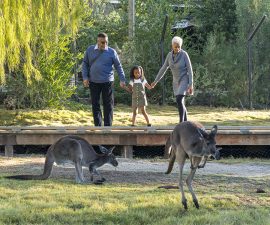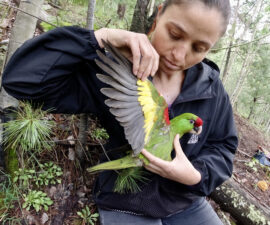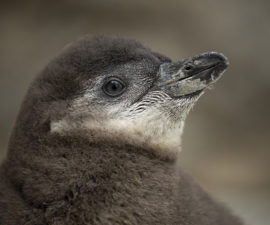Conservation of species is not usually a straightforward matter. It typically involves government agencies and scientists coming together, often with support from captive breeding experts and the public, in order to protect and preserve our planet’s natural heritage’. For species subject to the illegal trade in wildlife, conservation gets even more complex, as sovereign nations need to agree on solutions that may be unpopular or require resources that are scarce. But every few years, nations around the globe come together at one meeting to address species conservation despite these challenges, at the CITES CoP.
CITES, the Convention on International Trade in Endangered Species, is a voluntary treaty in which signatory nations agree to abide by mutually agreed upon terms of international trade for species so as to avoid causing their extinction from overexploitation. The 183 signatories, or Parties, to the treaty, gather every two to three years to discuss the latest population trends and scientific evidence regarding the status of everything from cycads to cheetahs to cardinalfish. The gathering is known as the Convention of the Parties, or CoP, and this year’s CoP is currently underway in Johannesburg, South Africa.
San Diego Zoo Global has sent a delegation of Observers to this year’s CoP; I am honored to be one of five organizational representatives to help support efforts by the Parties to make decisions that benefit species and reduce their risk of extinction. It’s been an incredible learning opportunity for our delegation as we absorb everything from the lingo (Parties don’t make comments on proposals, they make “interventions”) to the protocol (it is traditional that one’s first intervention begins by thanking the host nation). Our days are long, filled with lengthy committee sessions and numerous side events to learn about specific efforts of Parties and NGOs to address specific conservation threats.
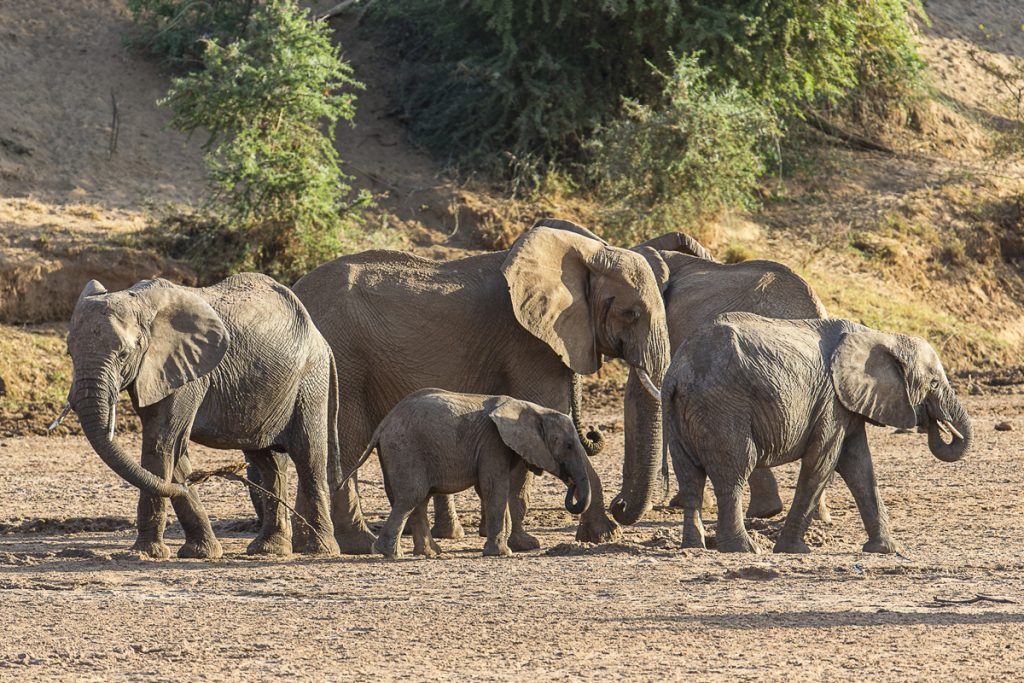
But the work is rewarding. We were thrilled to watch as Parties offered near unanimous support to up list all eight species of the world’s pangolins, the most illegally traded mammal on earth. This was especially gratifying knowing that this effort had been championed by our own U.S. Fish and Wildlife Service for years, and we were thrilled to be there when their hard work paid off. On another occasion, we watched as Parties engaged in heated debate over the development of a mechanism to create a legal ivory trade that could potentially put elephants at greater risk of extinction. After three tense votes on separate proposals, the ivory trade mechanism was dead in the water, and off the table; it was a “good news” moment for elephants.
But some of the toughest issues are yet to come. Increased protections for African lions, up-listing for African elephants, and legalizing international trade in farmed rhino horn; all are issues San Diego Zoo Global is watching closely and for which our delegation is prepared to offer an intervention should it be necessary. Our collective experience in conservation science, policy, animal welfare, captive breeding and legal matters make the CoP a natural venue for us to pursue our mission to save species worldwide. Over the week remaining in the CoP we will continue to work strategically to make a difference for wildlife at risk. Its great to see nations come together for wins like we had for the pangolin. It will be even better if we can report that there were wins for elephants, rhinos and lions, too. Either way, San Diego Zoo Global will remain engaged with CITES to keep up the good fight.
Suzanne Hall is a Conservation Policy Specialist in the Institute for Conservation Research’s Conservation Partnership Division. Read her previous blog, The Global Debate on Elephant Poaching.

